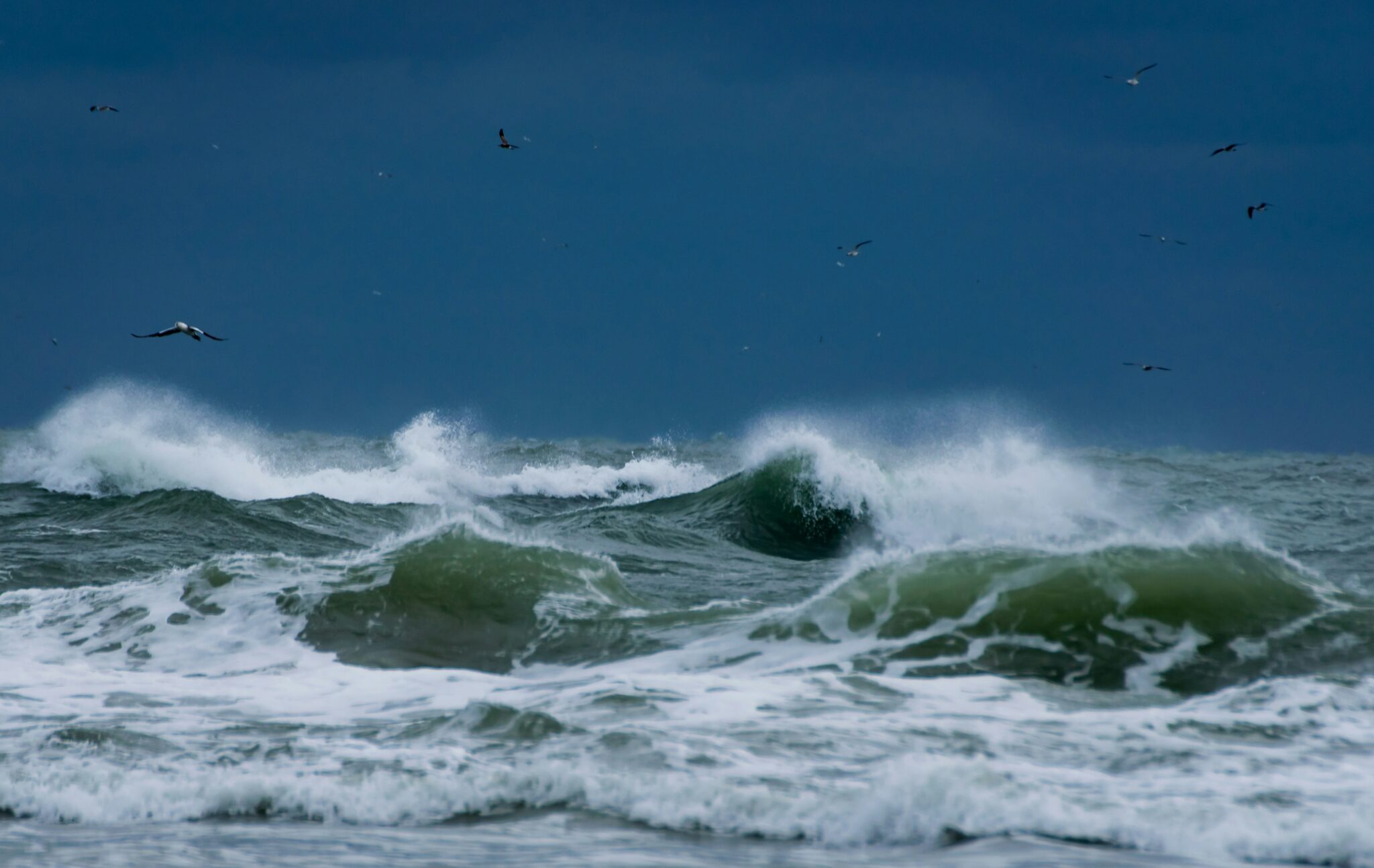




Top 8 Accidents on Commercial Fishing Vessels
Common Injuries and How to Claim Compensation
Considered a highly hazardous occupation, we look at the top 8 accidents on commercial fishing vessels which may lead to a personal injury claim. With factors such as harsh weather, heavy machinery and rough seas, fishing vessels and trawlers are inherently high-risk environments.
Maritime personal injury claims are not uncommon as it is vulnerable to a range of serious accidents. Whether it’s an accidental slip in a wet deck, machinery-related or a fall overboard, fishermen will brave bad weather to earn a living.
Research has shown many fishing boats are relatively small making them even more susceptible to accidents occurring. The commercial fishing industry takes place around our whole coastline. However, a large majority of the overall fishing output is caught off the Scottish coast.
If you or a loved one has suffered an injury at sea, you may want to seek compensation through a personal injury claim. At Jefferies Claims, we work with experienced lawyers who operate on a ‘No Win, No Fee’ basis.
Top 8 Accidents
The hazards aboard a commercial fishing vessel are varied. Here are accidents which tend to happen more frequently than others:
1. Slips, Trips, and Falls
One of the most common accidents on fishing boats is slipping or falling on wet, unstable, or uneven surfaces. Decks are often wet from sea spray, fish slime, or spilled fuel, increasing the risk of slipping. Poorly secured equipment and trip hazards such as loose ropes and nets also contribute to falls.
2. Machinery and Equipment Accidents
Fishing vessels are equipped with powerful machinery like winches, cranes, trawl boards, and hydraulic equipment. These machines pose significant dangers if not properly maintained or if operated by untrained crew. Accidents can occur when clothing or limbs get caught in moving parts, or when equipment malfunctions.
3. Falls Overboard
Falling overboard is a particularly high-risk accident on fishing boats. This is especially dangerous due to icy waters potentially causing hypothermia. Sudden movements of the vessel, rough seas, or losing balance while handling heavy equipment may result in a crew member going overboard.
4. Entanglement in Fishing Gear
Fishing gear such as nets, lines, and trawl cables can rapidly entangle a worker. Entanglement incidents can cause crush injuries or drag the individual overboard.
5. Exposure to Hazardous Substances
Commercial fishermen are sometimes exposed to hazardous substances such as fuel, cleaning chemicals, and hydraulic fluids. Prolonged or accidental exposure can result in injuries or illnesses such as respiratory conditions.
6. Struck-by Accidents
Loose or falling objects pose a constant threat. Heavy equipment, fish crates, and tools can shift with the vessel’s movement. These may cause blunt force trauma injuries.
7. Manual Handling Injuries
Commercial fishing involves heavy lifting, carrying, and moving awkward loads. This can result in different musculoskeletal injuries
8. Weather-Related Accidents
Extreme weather conditions at sea can cause vessels to rock violently, making it difficult for crew members to keep their balance. Accidents often occur during storms, high winds, or rough seas.
Most Common Injuries Sustained on Fishing Boats
Due to the challenging nature of commercial fishing work, the injuries sustained may often be serious. Some of the most common injuries include:
- Fractures and broken bones – resulting from slips, falls, or being struck by heavy objects.
- Head injuries and concussions – often caused by falls or being hit by equipment.
- Crush injuries – caused by entanglement in machinery or being caught between moving parts.
- Amputations – severe machinery accidents may result in the loss of fingers, hands, or limbs.
- Back and spinal injuries – from heavy lifting or falls.
- Hypothermia – resulting from falling overboard.
- Burns and scalds – due to fires, hot liquids, or chemical exposure.
- Soft tissue injuries – sprains, strains, and bruising from manual handling or falls.
- Respiratory problems – from inhaling harmful fumes or smoke in confined spaces.
How to Make a Personal Injury Claim if Injured
If you have been injured while working on a commercial fishing vessel which was not your fault, you may be entitled to file a personal injury claim. Even if your injury seems minor, you should seek medical treatment as soon as possible. This will serve as vital evidence in your claim.
Here’s what to do:
Report the Accident Immediately
Ensure the incident is reported to the ship’s master or captain as soon as possible. It should also be recorded in the vessel’s official accident logbook. This creates an official record of the incident, which can support your claim.
Collect Evidence
Gather as much evidence as you can, including:
- Photographs of the accident scene and your injuries.
- Witness statements from other crew members.
- Details of any faulty equipment or unsafe conditions that may have contributed to the accident.
Compensation typically covers your medical expenses, rehabilitation costs and pain and suffering. Loss of earnings and future loss of income, if applicable, may also be considered.
Contact Our Team
If you have been injured while working out at sea, you may want to pursue a claim for compensation if the accident was through no fault of yours. it’s important to seek legal advice promptly.
We work with lawyers who operate on a ‘No Win, No Fee’ basis and at Jefferies Claims, we can guide you through making a claim. To discuss your potential claim in confidence, contact our team at Jefferies Claims on 0333 358 3034. Alternatively, complete our online contact form to arrange an initial, no-obligation consultation with one of our friendly team.
